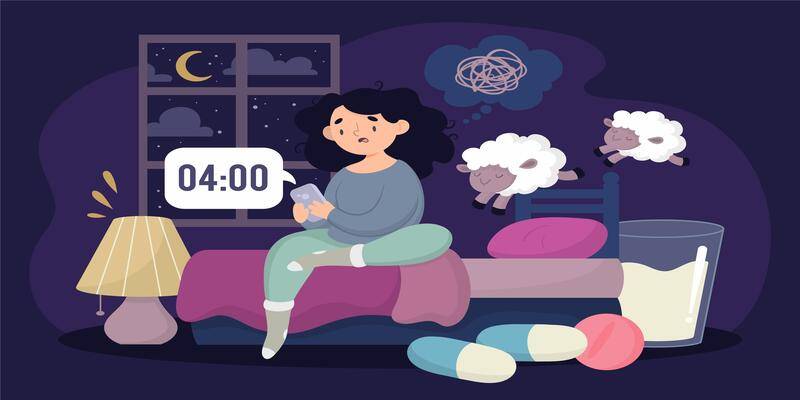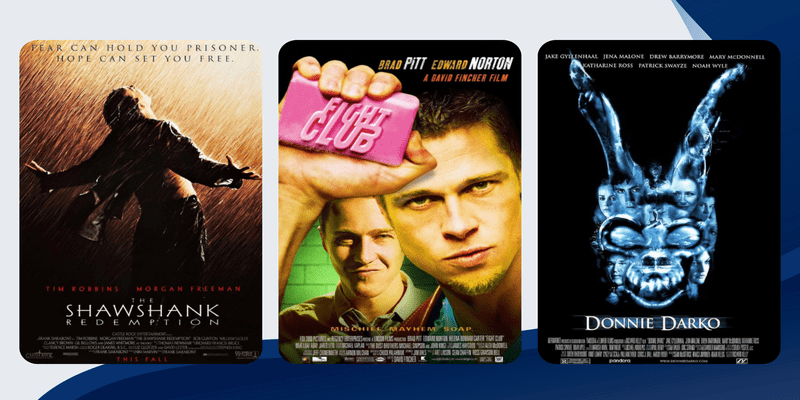Scroll less, live more!

We all love social media… don’t we? Social media is nothing less than a lifeline these days, especially during the pandemic when it served as a mode of entertainment, news, and staying in touch with our loved ones. People say that too much of anything is bad. Unfortunately, they are correct. In the last few years, social media has become an addiction that has more cons than pros. The more exposure to the virtual world, the more adverse effects on mental health have been experienced. As much as we enjoy social media’s glamour, we must admit it’s necessary to take frequent breaks. Social media is not our reality, and there can only be so much benefit from staring at a screen multiple hours a day. So, how does one know that they need to take a break?
Perhaps when:
* They only communicate via social media
* Always need their devices around to check on notifications
* Are inattentive around people because of social media
* The person’s mental/physical health is affected
The term “fast” is usually used when someone’s refraining from consuming food or drinks. A fast can also refer to abstaining from something one enjoys, especially if it is challenging. When fasting from social media, one determines a length of time that feels like a sacrifice, anything from a few hours to days to weeks. During this time, one abstains from using all forms of social media — from posting comments, stories, or photos to turning off notifications. Professor Erin A. Vogel, who studied social media and its effects on well-being, said that while social media use is associated with some positive results, several areas of concern might warrant caution around over-use.
People on social media compare themselves to unrealistic versions of others, portraying themselves as different in front of the camera. They might not necessarily be lying about who they are or what they are doing on social media, but they are not telling the whole story of their lives. When people see those profiles and compare their real lives to reel lives, they feel bad about themselves and often end up having negative thoughts. After spending more than the necessary time on social media, people tend to feel like they are losing out on precious time, and this feeling actually makes their mood worse. A social media fast not only helps eliminate the possibility of those unhealthy feelings but also boosts one’s self confidence and positivity. The worst that social media offers is the constant need for toxic comparison.
Taking a break from the platform means taking a break from the highlights of other people’s lives, which can make one feel better about themselves. It’s not only about mental health, but social media is also a significant distraction in our daily life as it keeps us away from our goals and learning. It makes one fall behind on punctuality and neglect their otherwise practised self-care. Unknowingly, it has become a ritual for people to check their phones the moment they open their eyes in the morning. People scroll through their phones even when they are in the toilet brushing their teeth or sitting on the pot.
“A social media fast doesn’t require that we disengage from each other; it simply offers the opportunity to engage in different, and often more meaningful, ways,” shared clinical psychologist Carla Marie Manly. Dr. Manly also stated that when attention shifts towards other arenas, the shifts can provide profound results, even if relatively temporary. There are multiple benefits when practising a social media fast. For the anxious, it could reduce time spent ‘doomscrolling’, for others, it could bring about more self awareness of habits and lastly, it could give them more time to enjoy their real lives.
Social media fasting can initially leave one feeling disconnected. Still, if one trusts the process and focuses on the better things and quality of life, it might offer much more.
Four tips for a successful social media fast:
* Set a time limit/frame
* Curate the content you want to consume
* Establish self-boundaries on how and for what you’ll use social media
* Increase face-to-face interactions with your close ones
Everybody has a varied baseline level of social media usage, so it’s best advised not to jump into a dramatic reduction in service. Instead, start with a 24 hour fast every week and take it from there. It works differently from person to person; sometimes, a day’s fast can leave a person recharged for more than a week’s break. Sometimes you might need to block, mute, or unfriend people causing you misery and switch up to funny, uplifting things supporting your goals. I have personally seen that many people have almost no desire to return to social media after their fast. Yet, the break can be a life-changing reminder that a beautiful non-virtual world is yet to be explored.
How does this fast help?
Increases self-esteem and self-control
By reducing social media usage, you are not driven by anyone’s thoughts but your own. You know what your goals are and how this detox is helping you become a better individual.
You are less distracted/anxious
The negative thoughts and comparisons as to why you are not where your peers are, instantly come to an end. You don’t feel ‘FOMO’ as you are in your happy place, content with how your life is unfolding. This helps in reducing anxiety and keeps you focussed towards your goals.
Better sleep cycle
Scrolling late nights could lead to a shift in your sleep cycle. Often, people don’t realise the number of hours they end up wasting once they start surfing the applications. You can fix your schedule and sleep at ease by disconnecting from social media. You won’t be bothered by the notifications at odd hours and won’t feel the need to constantly check your phone when you wake up in the morning.
You feel more productive
By reducing screen time, you not only increase your productivity but also start exploring new avenues that you couldn’t earlier. Rather than lazying and watching what is happening in your friends’ lives, you go that extra mile to complete the targets that you have set for yourself.
Improves your mental and physical well-being
Inadvertently, social media has become a breeding space for negative thoughts as no one is happy in their real life. The more you scroll, the more you question your reality and why you don’t have such a glamorous life like others. Remember, people only show a part of their lives and not all of what transpires. By taking a step back, you find yourself in a better mental space. You can use the free time to exercise or play a sport that would keep you physically fit as well.
Increases meaningful relationships
The connections we build on the applications are temporary and mostly end once the purpose is served. By communicating face-to-face, we not only build lasting relations but also learn to trust better and be there in-person when the need arises.
Social media should be a platform for fun and information. Yet, if that’s not the case and you experience difficulty or anxiety about cyberspace, there’s no shame in pausing for a bit. If you’re still unsure about the benefits of a social media fast, give it a test drive. Note how many things you get done more than usual and how much more attentive and productive you become. As I said, it is about trusting the process and letting positivity take charge. Time is precious but what we spend it on is even more.






